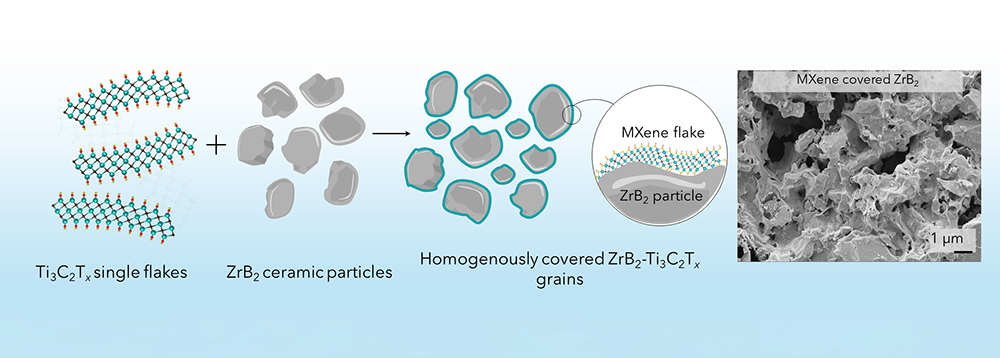Once again, Alfred University is in the news for working with a corporate partner under the auspices of a New York State technology initiative. School officials have just announced that the university and General Electric have signed a contract to develop a new generation of sodium metal halide batteries as part of a consortium funded by the New York State Energy Research and Development Authority.
Just a few weeks back, we wrote how research groups at the school were leveraging expertise in advanced ceramics, glass and cutting-edge materials to develop working relationships with companies to develop interconnects for fuel cells and GaN-on-diamond substrate projects with private partners, also under the auspices of NYSERDA.
According to an AU press release, the latest project involves developing huge sodium metal halide batteries for applications that include hybrid locomotives and back-up power for telecommunication sites. Doreen Edwards, dean of the Inamori School of Engineering at AU says the research will focus on improving battery reliability, cycle life and performance.
The consortium, led by GE Global Research, includes AU, Clarkson University, Columbia University, SUNY-Stony Brook and Brookhaven National Lab.
In the release, Matthew Hall, an AU engineering professor, says, “This is a fantastic opportunity for Alfred because it directly complements our research interests and expertise. At least half of our research effort is devoted to energy applications. And a lot [of the work] would be an extension of the work done on fuel cells here for the last decade.”
Hall is also director of AU’s Center for Advanced Ceramic Technology, which exists to facilitate collaboration between industry and academia. CACT receives financial support from another New York State sci-tech initiative, NYSTAR.
According to Edwards, there will be at least three major components to AU’s work. The first will be to develop a more durable and conductive ceramic electrolyte separating the cathode from the anode and will likely focus on improving the mechanical and electrical properties of beta-alumina solid electrolyte.
The second will be to identify a more robust and corrosion-resistant glass for encasing the batteries’ electrical components. According to Edwards, AU and GEGR will develop accelerated glass stability tests to understand glass corrosion mechanisms and predict seal life.
Finally, AU will also be developing computational models to accelerate further improvements, including meso-scale computer simulations to refine beta-alumina solid electrolyte sample properties and a model for predicting the thermal properties as a function of glass composition.
“We are very excited to work with Alfred University to improve our sodium metal halide battery technology,” says Job Rijssenbeek, GEGR principal investigator. “Alfred’s expertise in ceramics and glasses is world renownd and we’ve had extremely productive collaborations in the past.”
With that type of reputation, its no wonder AU and its Inamori School of Engineering seem to be on a roll with these private sector collaborations.
CTT Categories
- Basic Science
- Energy
- Glass
- Material Innovations
- Modeling & Simulation
- Nanomaterials


